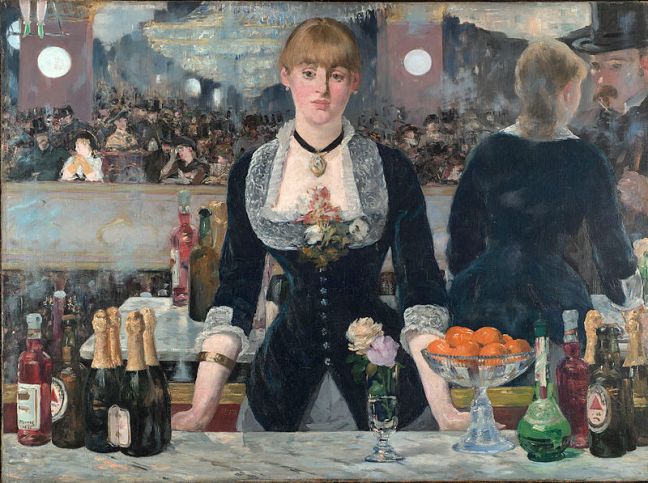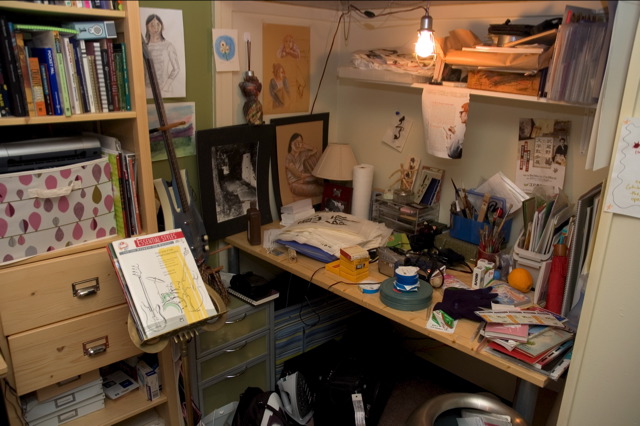
I want to lead the Victorian life, surrounded by exquisite clutter. —Freddie Mercury
Grant me the treasure of sublime poverty. —Saint Francis of Assisi
Allow me to paint you a picture:
Take a one bedroom apartment—vintage—that is to say, not rehabbed and fancy with a subway tiled bathroom and stainless appliances but cozy and cute with perhaps a little rust on the white, metal kitchen cabinets, some peeling paint on the window sills—let’s just call it patina. Add a mishmash of furniture dragged from alleys or selected at your finer Chicagoland thrift stores and one beautiful couch purchased brand spanking new from a real furniture emporium. Live in aforementioned apartment for eleven years. Enjoy the companionship of several four-legged creatures who make the sorts of messes four legged creatures are wont to do. Buy books until your shelves overflow. Buy holiday dresses, bathing suits and birthday candles. Make a Halloween costume every year; save them all because you might want to be Aphrodite, an owl or a ‘50s diner waitress again. Attend to living your life. Don’t get rid of any of the thrift store jeans you keep buying without trying on that don’t quite fit.
Now, fall in love and ask your girlfriend and her dog to move in with you. Continue reading Between Freddie Mercury and Saint Francis: Exquisite Clutter and Learning to Let Go







